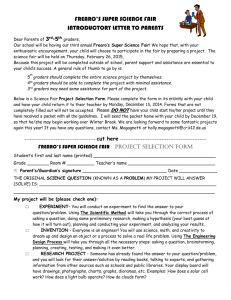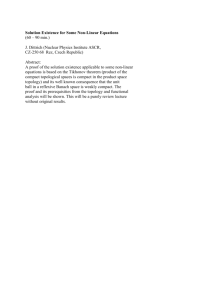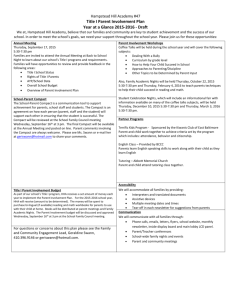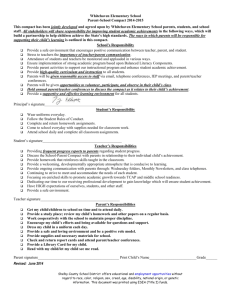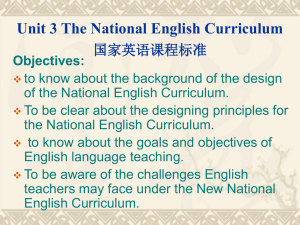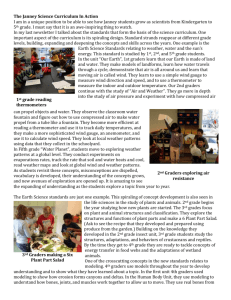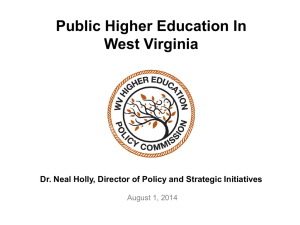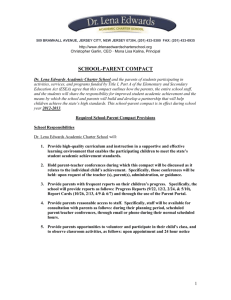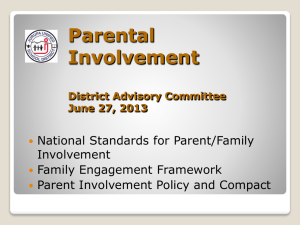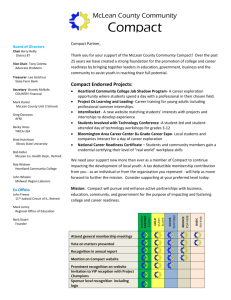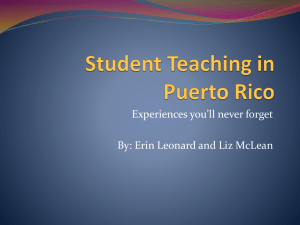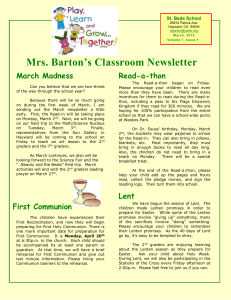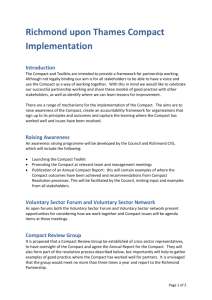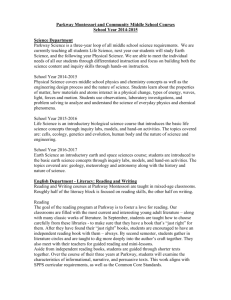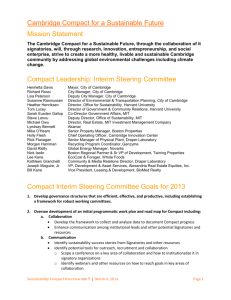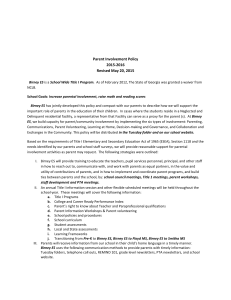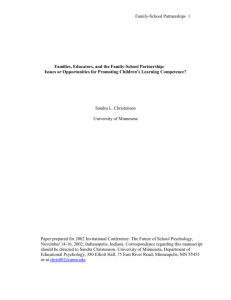Word Compact Template 1
advertisement
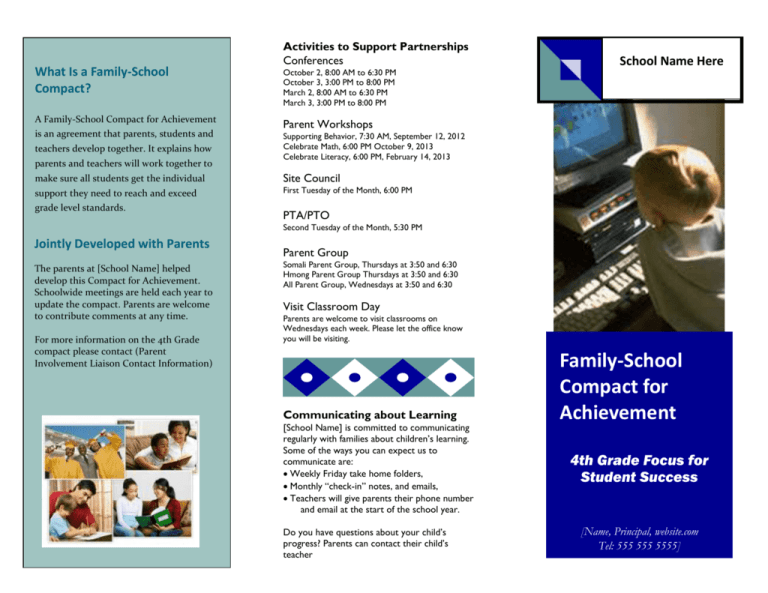
What Is a Family-School Compact? A Family-School Compact for Achievement is an agreement that parents, students and teachers develop together. It explains how parents and teachers will work together to Activities to Support Partnerships Conferences October 2, 8:00 AM to 6:30 PM October 3, 3:00 PM to 8:00 PM March 2, 8:00 AM to 6:30 PM March 3, 3:00 PM to 8:00 PM Parent Workshops Supporting Behavior, 7:30 AM, September 12, 2012 Celebrate Math, 6:00 PM October 9, 2013 Celebrate Literacy, 6:00 PM, February 14, 2013 make sure all students get the individual Site Council support they need to reach and exceed First Tuesday of the Month, 6:00 PM grade level standards. School Name Here PTA/PTO Second Tuesday of the Month, 5:30 PM Jointly Developed with Parents The parents at [School Name] helped develop this Compact for Achievement. Schoolwide meetings are held each year to update the compact. Parents are welcome to contribute comments at any time. For more information on the 4th Grade compact please contact (Parent Involvement Liaison Contact Information) Parent Group Somali Parent Group, Thursdays at 3:50 and 6:30 Hmong Parent Group Thursdays at 3:50 and 6:30 All Parent Group, Wednesdays at 3:50 and 6:30 Visit Classroom Day Parents are welcome to visit classrooms on Wednesdays each week. Please let the office know you will be visiting. Communicating about Learning [School Name] is committed to communicating regularly with families about children’s learning. Some of the ways you can expect us to communicate are: Weekly Friday take home folders, Monthly “check-in” notes, and emails, Teachers will give parents their phone number and email at the start of the school year. Do you have questions about your child’s progress? Parents can contact their child’s teacher Family-School Compact for Achievement 4th Grade Focus for Student Success [Name, Principal, website.com Tel: 555 555 5555] y Teachers, Parents, Students—Together for Success District Goals Achievement All students are proficient and making continuous growth in each of these academic measures: Pre-Kindergarteners on target in reading 3rd graders at grade level in reading and math 5th graders at grade level in reading, math and science 7th graders ready for algebra by grade 8 9th graders ready for high school 11th graders passing GRAD test in reading, math and writing Capstone: Ready for college and career Equity Decrease gaps and disproportionally between student groups in: MCA and GRAD test passage Advanced Course Participation Advanced Placement (AP) and International Baccalaureate (IB) test passage Graduation Gifted/Talented identification Special Education referrals Absences Suspensions School Goals Reading: The percent of students scoring proficient or higher in reading will increase from 58% to 65% by Spring 2013 as measured by the MCA. Math: The percent of students scoring proficient or higher in math will increase from 52% to 57% by Spring 2013 as measured by the MCA. Equity: The number of discipline referrals for students of color will be reduced from 60% to 40%. In the 4th Grade Classroom At Home The 4th grade team will work with students and their families to support students’ success in reading an math. Some of our key connections with families will be: [School Name] parents joined staff to develop ideas about how families can support students success in reading and math. Families may have other ideas to add to this list. Provide parents with a home learning kit full of fun materials dealing with estimation and place value. Offer three Family Fun nights per year in our Parent Academy, concentrating on estimation and problem solving strategies. Have fun with math. Use materials in the math kit to explore math at home. Try to attend Family Fun nights or get information from the PTA or my child’s teacher if we can’t attend. Play word games with the new vocabulary words and find ways to use these words in family conversations. Our monthly newsletter will feature games that families can play to review the vocabulary worlds we have introduced in our classroom. Look for the class newsletter each Our class web page has links to family friendly web sites for building vocabulary and math skills. month and check out the school website. XYZ STUDENTS [School Name] students joined staff and parents to develop ideas about how they can succeed in school and reach for the stars in math and reading. Students thought of the following ideas to make connections between learning at home and school: Talk with my family about new vocabulary words and what I am learning in math. Bring home our class newsletter and notices about Family Fun nights. Keep a log of games I play at home to practice new vocabulary words and math.
